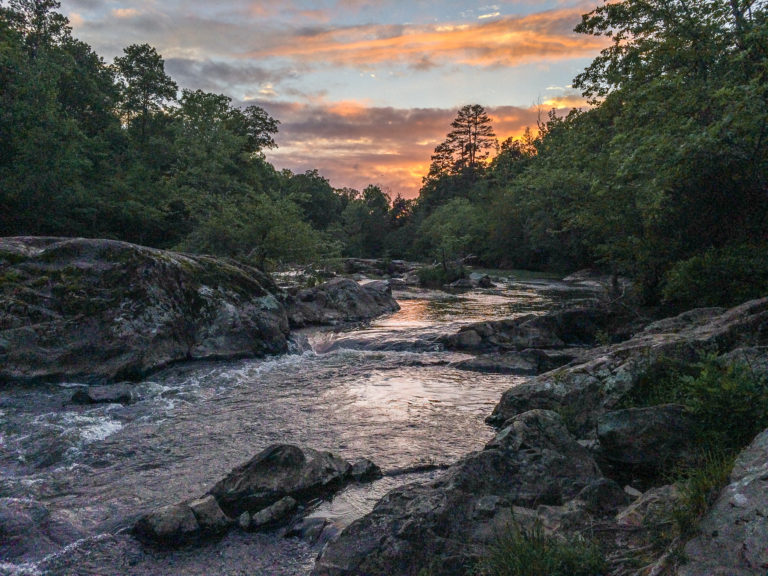
Today is the 46th anniversary of the Clean Water Act, the law that changed America.
The Clean Water Act passed in 1972, a time when the nation’s rivers were awash in trash, industrial debris, and chemicals. Ohio’s Cuyahoga River had caught fire at least a dozen times before June 22, 1969, when a spark from a passing train ignited an oil slick on the river. Photos of the burning river landed in “TIME” magazine, which described the Cuyahoga as a river that “oozes rather than flows” and a place where a person “does not drown but decays.”
There were no visible signs of life in the Cuyahoga then, according to the magazine, “not even low forms such as leeches and sludge worms that usually thrive on wastes.” The Potomac, “TIME” noted, left Washington “stinking from the 240 million gallons of wastes that are flushed into it daily,” while “Omaha’s meatpackers fill the Missouri River with animal grease balls as big as oranges.”
The “TIME” article was part of the nation’s environmental awakening, part of the lead-up to the first Earth Day in 1970 when 20 million Americans took to the streets to demand clean water and clean air. That year, Congress created the Environmental Protection Agency. And one of the first pieces of legislation that followed was the Clean Water Act.
The Act had a goal to make all waters swimmable and fishable by 1983, along with eliminating all discharges of pollution by 1985. Importantly, it also gave citizens power to bring their own lawsuits to stop illegal pollution. Here at Waterkeeper Alliance, the Clean Water Act is the legal underpinning of much of our work in the United States. The same is true at your local U.S. Waterkeeper Organization.
We’re often outnumbered by industry lobbyists and their bought-and-paid-for elected officials. We’re almost always outspent. But with the Clean Water Act — and supporters like you — we keep winning victories for clean water. In fact, between 2005 and 2014, Waterkeeper Alliance and local Waterkeepers have been responsible for nearly 25 percent of all citizen enforcement actions under the Clean Water Act; we are protecting your right to clean water more than anyone else.
Keep our rivers, lakes, and streams clean! Find your local Waterkeeper Organization here. Donate to our efforts today.